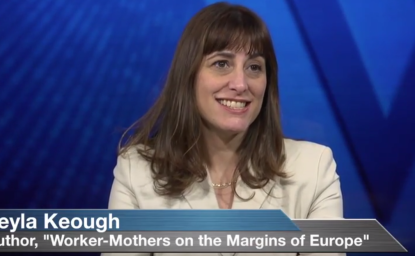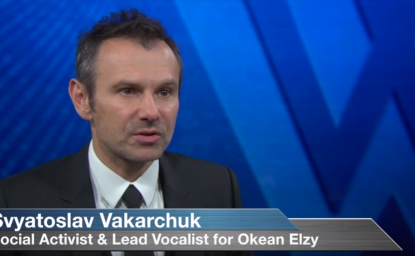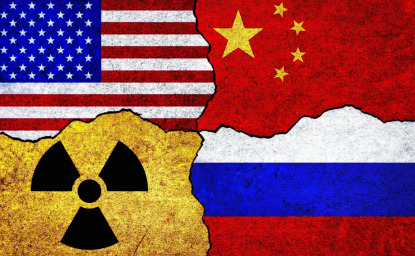New research is shedding additional historical light on the Cold War's iconic nuclear standoff between the U.S. and U.S.S.R., with the tiny nation of Cuba in the middle. For the next two weeks, CONTEXT will look back on what we're learning with an eye toward the lessons that apply today. In part 2 of our "On The Brink" series, Philip Brenner describes how and why the missiles were brought to Cuba and what might have happened if they'd stayed.
See Part 1: On the Brink with Timothy Naftali
See Part 3: The Cuban Missle Crisis 50 Years Later
See Part 4: Coming Wednesday, October 24
http://www.wilsoncenter.org/article/the-brink-part-2-the-cuban-missle-crisis-50-years-later
brightcove.createExperiences();
Philip Brenner is Professor of International Relations and Affiliate Professor of History at American University. He has served as the Senior Associate Dean for Academic Affairs and Director of the U.S. Foreign Policy Program in the School of International Service, and and as Co-Director of American University's Inter-Disciplinary Council on Latin America. His most recent book is A Contemporary Cuba Reader (Rowman and Littlefield, 2007). He is also the co-author of Sad and Luminous Days: Cuba's Struggle with the Superpowers after the Missile Crisis (Rowman and Littlefield, 2002).








